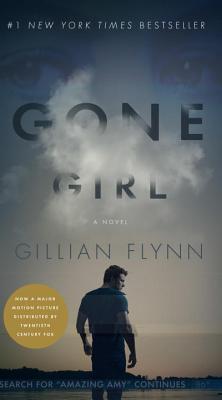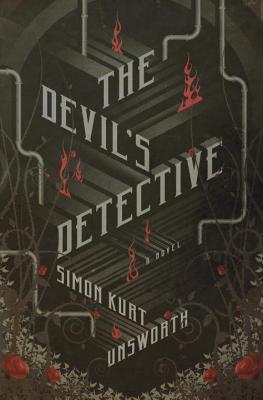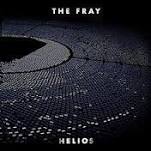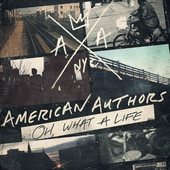Awesome, and available August 4th.
“Trust No One” is Paul Cleave’s first novel that does not involve the core cast of Christchurch characters from his other books (serial killer Joe, Detective Tate, etc.) and is a fantastic example of a writer who understands how to diverge from his comfort zone and experiment with a new topic/format while still delivering for his readers! Cleave has said himself that “it’s like nothing else [he’s] written before – but still has the style of the other books” and that’s a spot-on assessment. I was sucked in by the expected conversationally gritty narrative, gripped immediately by the tragedy of the main character’s situation, horrified by the prospect of losing one’s mind and being helpless to prevent it, and greatly disturbed and fascinated as I came to realize that Alzheimer’s is the lesser of the story’s many evils.
The main character, Jerry, a crime writer who uses the pseudonym Henry Cutter, has been diagnosed with early Alzheimer’s. What begins as a well-meaning attempt to cope with his disintegrating life rapidly spirals into a nightmare as Jerry begins to lose his grip on reality, unable to discern truth from fiction, memory from imagination, and friend from foe, relying heavily on his “Madness Journal” which proves anything but complete, or reliable. As with all of Cleave’s work, the story is unpredictable, and the answer/conclusion you expect is not the one you get. Cleave does not play nice, he plays with brass knuckles, and every character pays his or her pound of flesh while Cleave keeps you guessing, questioning everything, even the reliability of the narrator. Does Jerry actually have Alzheimer’s? Does he have a split personality? Is he genuinely a crazed psychopath—or is someone using his illness against him to make him believe that he is? What is real and really going on here? Well, I highly recommend you get your hands on a copy and find out! Cleave, yet again, does not disappoint.

 A disturbing subject delivered with dignity.
A disturbing subject delivered with dignity.
 It’s epic. It’s pertinent.
It’s epic. It’s pertinent. Shoot for the (Hollow) Moon.
Shoot for the (Hollow) Moon. Someday Baby.
Someday Baby. Writing is a Disease.
Writing is a Disease. 1st book – good. 2nd book – DeflateGate.
1st book – good. 2nd book – DeflateGate. It wasn’t the plot twists that gave me an eye-opener.
It wasn’t the plot twists that gave me an eye-opener.




